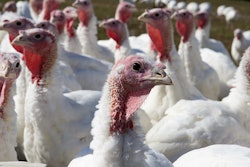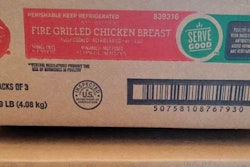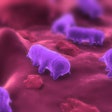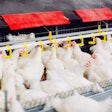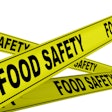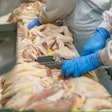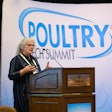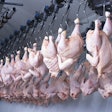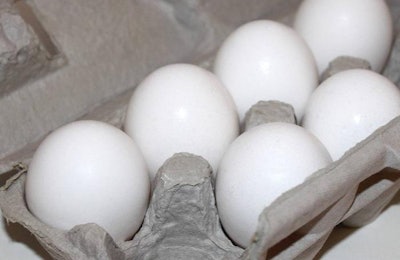
In Australia, a new tool has just been launched that will allow eggs to be traced from purchase back to the farm and date of lay.
The tool, EggTrace, is the latest measure supporting the further improvement in food safety, according to Australian Eggs. Offering greater transparency through the egg supply, the new tracing system offers farmers an easier and more efficient way to identify any quality or health issues that affect eggs.
With a recent consumer survey revealing that two-thirds are concerned about food security in Australia, the organization considers the traceability tool will make the nation’s egg supply chain more resilient.
A member-owned not-for-profit company, Australian Eggs provides marketing and R&D services to the nation’s egg producers.
“EggTrace is a browser-based tool that works by providing farmers with the insights they need to isolate, neutralize and rectify any issue on-farm before it causes significant food supply issues, and is linked to the production type and best before date,” said its managing director, Rowan McMonnies.
Currently, he said, most of the country’s leading egg producers already have effective tracing systems in place. However, EggTrace will fulfil this need for smaller producers. While they were carrying out mandatory stamping of eggs, their access to traceability was previously prevented by barriers related to knowledge, technology or cost.
For one egg producer, a tracing system is among the most important components of the business.
“Our traceability system allows us to immediately rectify any issues with egg production and ensures that we are only providing the best eggs to our customers,” said the CEO of Josh’s Rainbow Eggs, Dr. Tamsyn Murray. The company supplies eggs to leading retail chains Woolworths and Coles.
Other recent developments impacting Australian egg safety
Just closed is the latest annual survey of consumer attitudes on the future of the country’s egg industry. Conducted by Australian Eggs, it aims to give the industry and egg farmers a better understanding of issues that are important to the general public.
Based on similar reviews over the past five years, the organization has noted the importance the wider community places on hen welfare, biosecurity, food safety, and environmental sustainability.
In response, McMonnies highlighted the body’s support on the development of a system to monitor the behavior and movements of cage-free layers using artificial intelligence. Furthermore, Australian Eggs has introduced a Sustainability Dashboard to reduce carbon emissions from egg production, and a Biosecurity Virtual Reality Tool to improve farm hygiene practices and food safety.
Earlier this month, Egg Farmers of Australia welcomed a recent review of the egg industry by Food Safety Australia New Zealand (FSANZ).
Among other conclusions, the industry body expressed the hope that this review will lead to uniform egg stamping regulations across Australia. Currently, each state has its own rules on egg stamping for traceability and food safety.
Fine for avian flu biosecurity breach
This week, an Australian poultry company has been fined for biosecurity breaches that led to the spread of highly pathogenic avian influenza (HPAI) in 2020, reports ABC Rural.
As a result, the outbreak in the state of Victoria was prolonged, and around 9,000 turkeys and 2,000 chickens had to be euthanized.
The court levied total fines of AUD4,500 (US$3,130) on Pindarri Poultry and one of its employees.
The charges arose from the movement of more than 700 turkeys while disease restrictions were in place in Victoria. Due to an apparent failure in communication, the company transported the birds out of a restricted area at Lethbridge during the outbreak in 2020. Not only did this action prevent the containment of the infection in Lethbridge, it spread the disease further, the court heard.
According to the court proceedings, the euthanized birds were valued at AUD1.2 million, and the clean-up operation cost the Victoria government AUD650,000 (excluding labor costs).
In 2020, a series of HPAI outbreaks occurred in Victoria. Of these, three were caused by an HPAI virus, and three more were linked to two low-pathogenic virus variants.
According to the Victoria government, the state was declared free of the disease in February of 2021.




